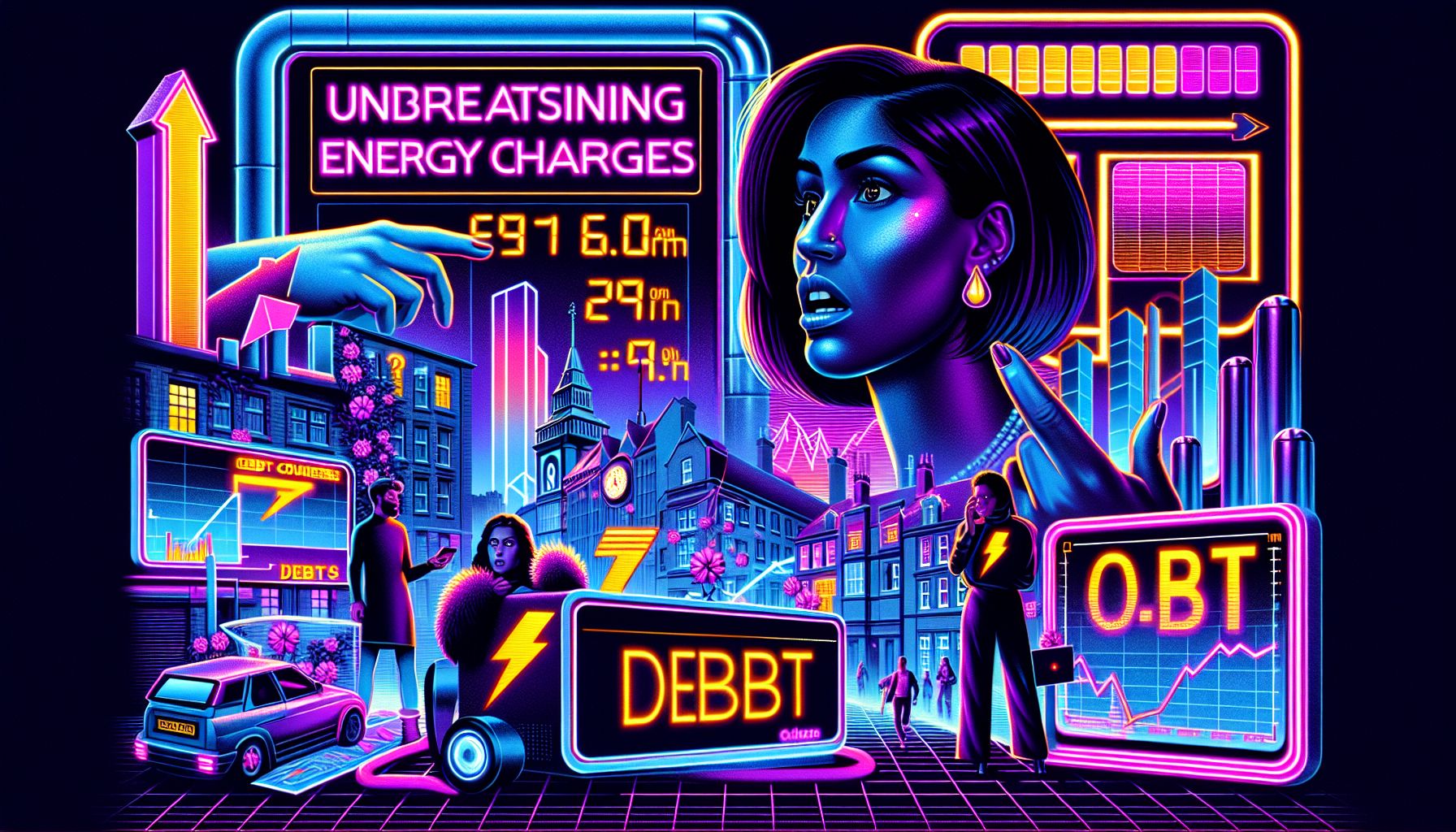Energy Charges Shake-Up Sparks Outcry Across the UK

London, Friday, 21 February 2025.
UK energy charges under scrutiny as changes face criticism. Charities fear unaffordable costs, while alternatives mean higher rates. Public backlash sees 30,000 oppose, highlighting urgent consumer debt concern.
The Rising Storm of Standing Charges
I’ve been following the heated debate over standing charges closely, and the numbers are striking. Since 2019, these unavoidable fees have surged by 43% under Ofgem’s price cap [1]. Currently, UK households are paying over £300 annually just to stay connected to the grid [1]. What’s particularly concerning is the scale of public opposition - Ofgem received an unprecedented 30,000 submissions, with the majority strongly against these standing charges [1].
The Proposed Solution and Its Critics
From my analysis, Ofgem’s new proposal, launched for consultation on 19 February 2025, seems to miss the mark [1]. While they’re suggesting a dual pricing system with a no-standing-charge option, I have to point out what Jonathan Bean from Fuel Poverty Action says: ‘What Ofgem is proposing is more to hide standing charges within the unit rates’ [1]. This comes at a critical time when UK households collectively owe energy suppliers £3.8 billion [1][4].
The Broader Energy Crisis Context
Looking at the bigger picture, I can tell you this couldn’t come at a worse time. Cornwall Insight predicts a 5% rise in energy prices from April 2025, adding £85 to annual household bills [4]. This would push typical household energy costs to £1,823 per year [4]. Compare this to countries like Qatar, where residents pay significantly less for their energy [2], and you can see why there’s such concern about UK energy affordability.
The Impact on Vulnerable Consumers
What really worries me is the effect on vulnerable consumers. Peter Smith from National Energy Action raises a crucial point about prepayment meter customers potentially ‘racking up increasingly unaffordable charges’ [1]. Energy UK’s Dhara Vyas suggests these proposals might actually make things worse, stating ‘I don’t think the standing charges proposal and new price cap is the way to tackle those big concerns’ [1][7]. The consultation ends on 19 March 2025 [5], but already it’s clear that major reforms are needed to address these fundamental issues.
Bronnen
- www.bbc.co.uk
- www.statista.com
- www.ciphernews.com
- www.bbc.com
- www.bbc.com
- www.bloomberg.com
- www.energy-uk.org.uk